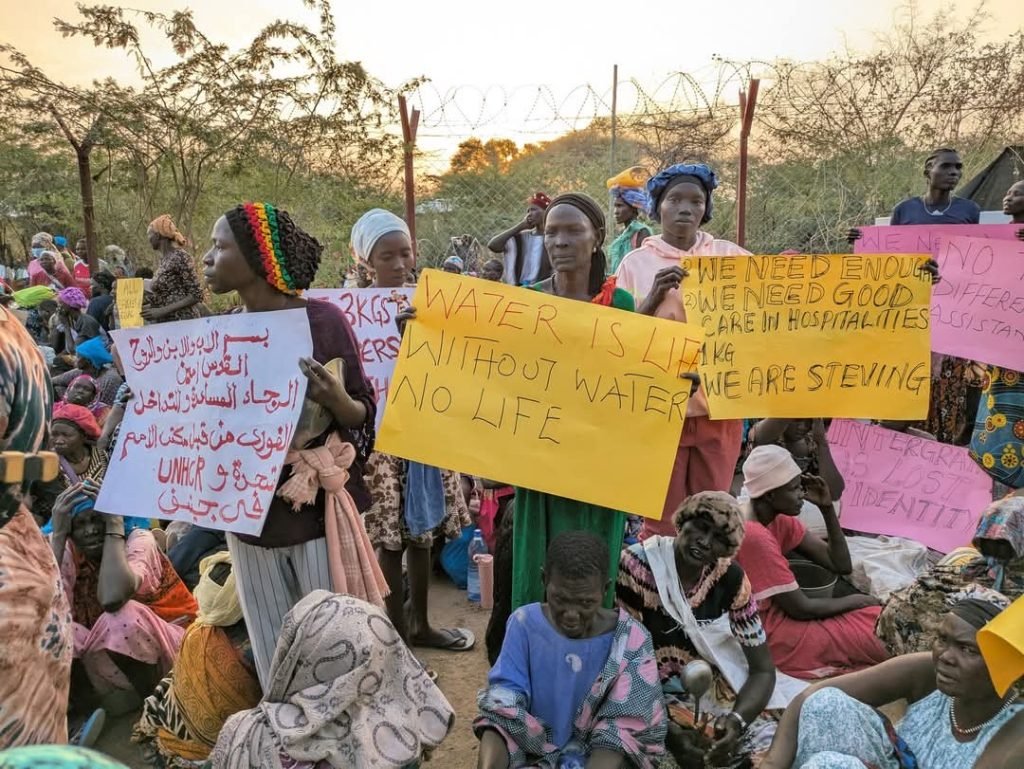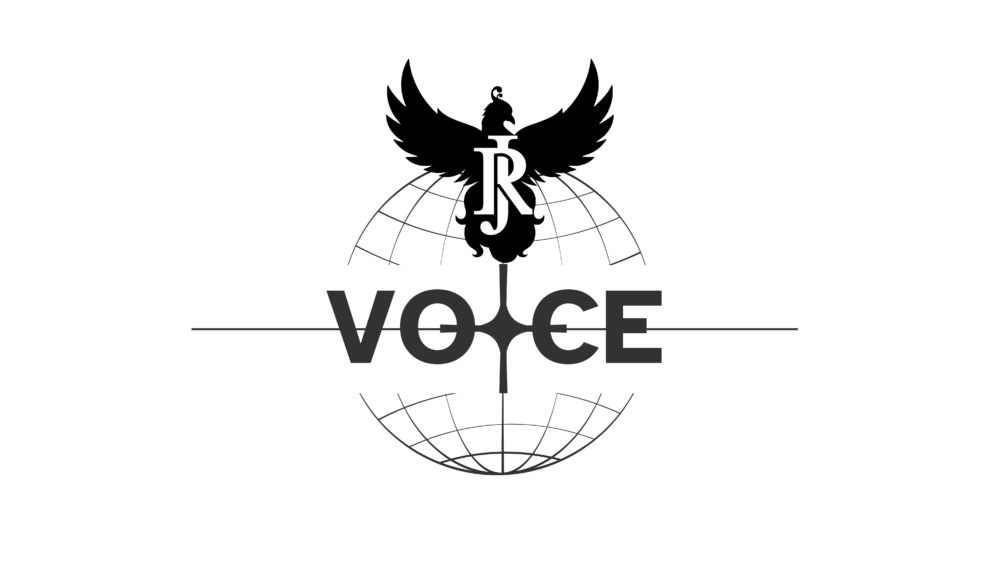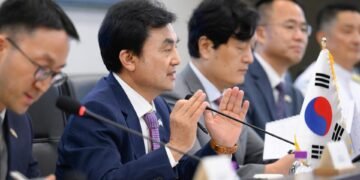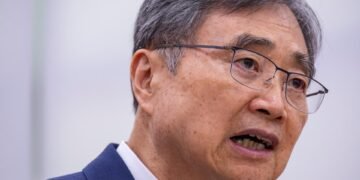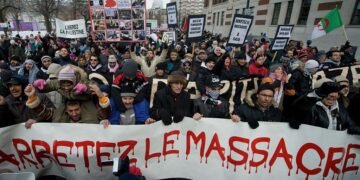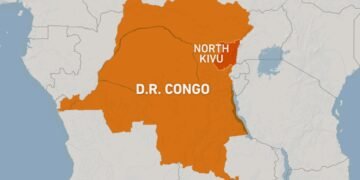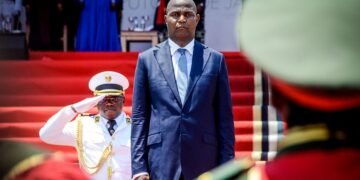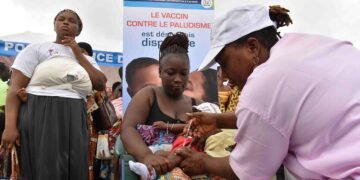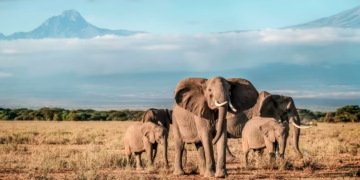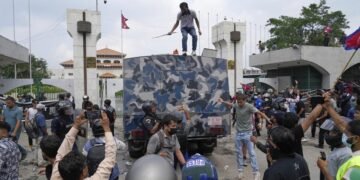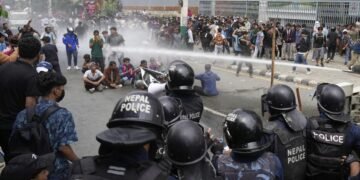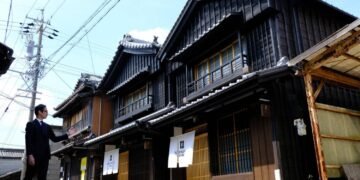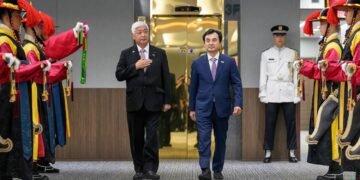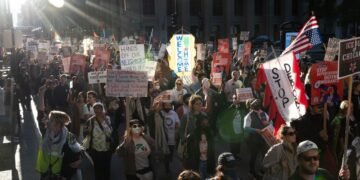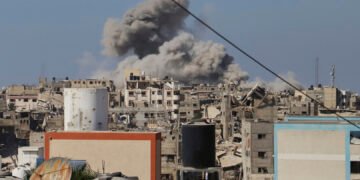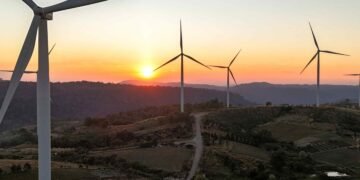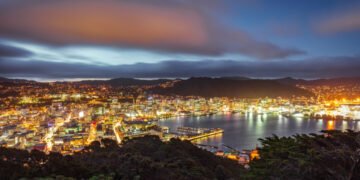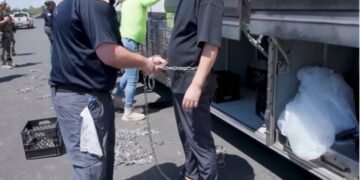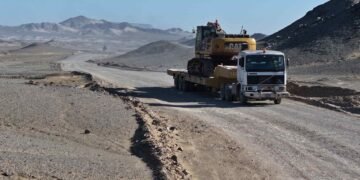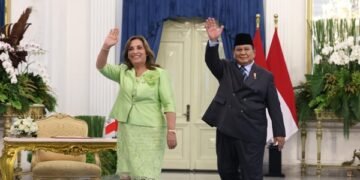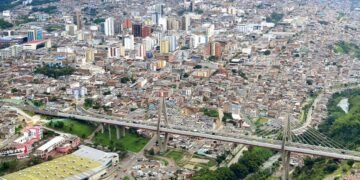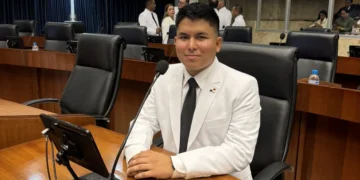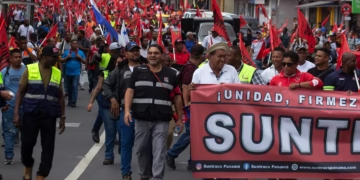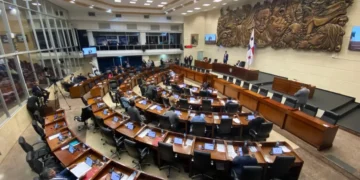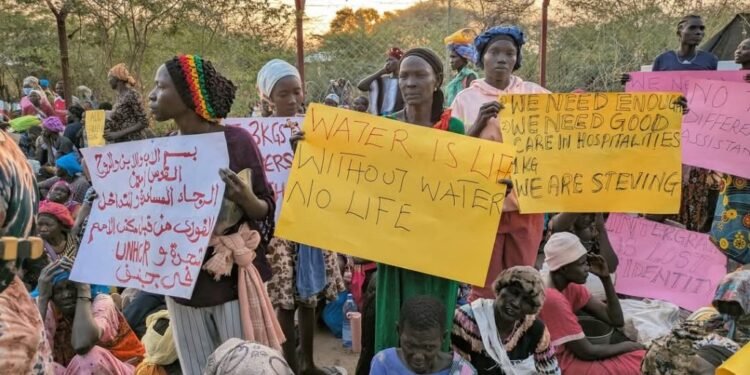Tensions escalated on Monday in Kenya’s Kakuma refugee camp as hundreds of residents took to the streets to protest severe shortages of food and water. Security forces reportedly responded with live ammunition to disperse demonstrators, according to local reports.
The unrest comes amid growing frustration among the camp’s residents over worsening living conditions, which many attribute to recent reductions in international humanitarian assistance. The cuts follow a significant decrease in funding from the U.S. Agency for International Development (USAID), leaving aid agencies struggling to meet the basic needs of the camp’s population.
Kakuma, located in northwestern Kenya, is one of the largest refugee camps in the world and currently hosts around 200,000 people. Most residents are fleeing conflict and persecution in neighboring countries such as South Sudan, Somalia, Ethiopia, and the Democratic Republic of the Congo.
Refugees at the camp say that access to food, clean water, healthcare, and education has become increasingly limited. “Since Trump became president, everything is blamed on him,” said Mama Kayembe, a Congolese refugee. “No medication, no school fees, no pay for workers—it’s all Trump. We are tired of it.”
While former U.S. President Donald Trump is no longer in office, many in the camp believe the legacy of his administration’s international aid policies has contributed to the current crisis. The frustration has been compounded by the lack of viable alternatives or increased support from other donors.
Human rights organizations have raised alarm over the deteriorating situation. Amnesty International and other advocacy groups warn that the aid cuts not only threaten to worsen hunger but are also contributing to rising tensions and insecurity within the camp. With limited resources and a growing population, competition for basic necessities is intensifying.
As the situation continues to deteriorate, humanitarian groups are urging the international community to take immediate action to restore funding and provide emergency relief. Without intervention, there are fears that conditions in Kakuma could spiral into a full-scale humanitarian emergency.
